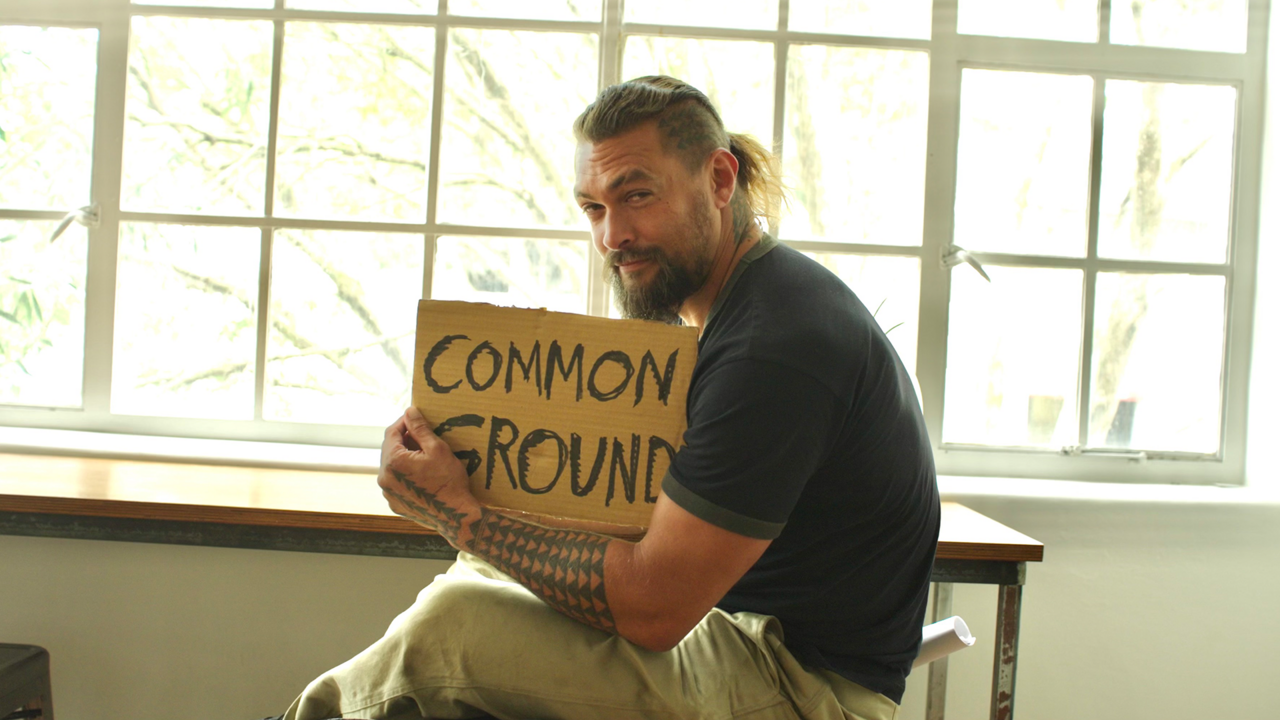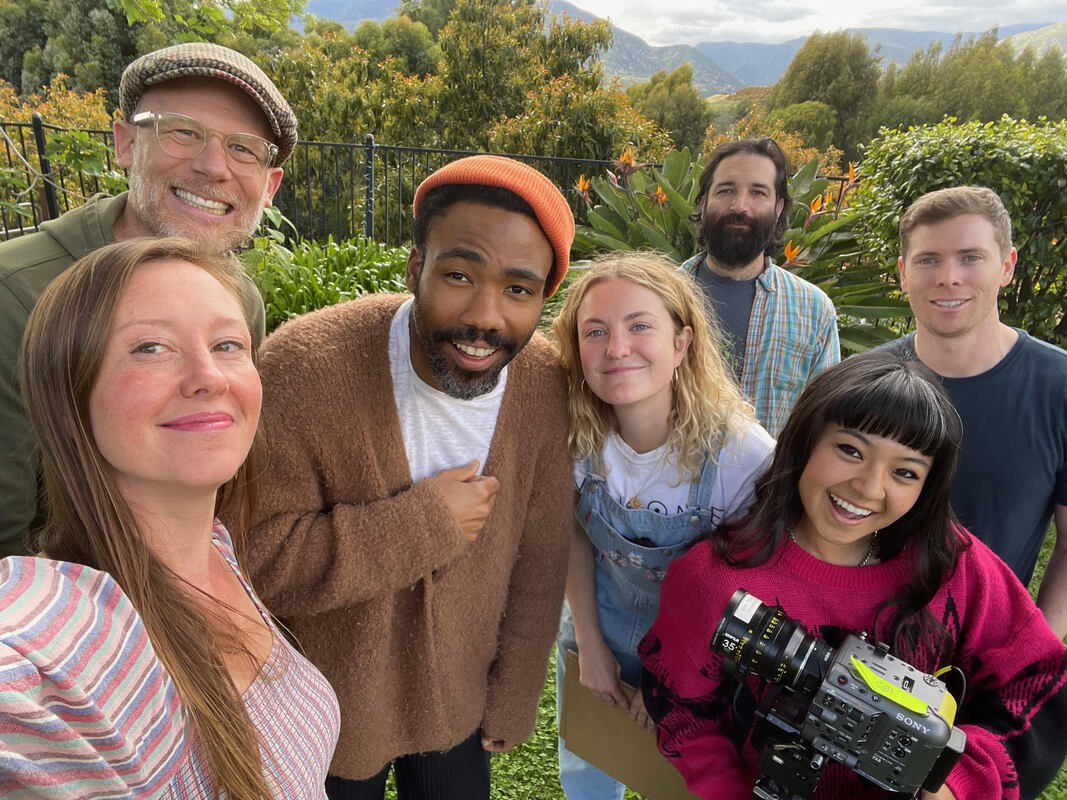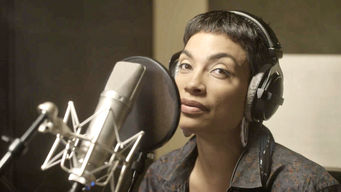
- This event has passed.
Tivoli Theatre – After Hours Film Society Presents Common Ground
April 22 @ 7:30 pm
Directed by Joshua Tickell & Rebecca Harrell Tickell
Featuring Laura Dern, Woody Harrelson, Rosario Dawson
105 mins.
Not Rated
“Common Ground” is a star-studded, handsomely produced, Hollywood-scaled documentary designed to raise awareness of how industrial farming methods, genetically modified crops, and toxic pesticides have destroyed the carbon content of the very soil that’s supposed to be supplying the world with vegetables, and how America’s major chemical companies and their lobbyists have captured American legislatures to protect their bottom line at the expense of human life.
It’s a position paper with panache, directed by Rebecca and Josh Tickel—whose Netflix documentary “Kiss the Ground” took a different approach to the subject. There are split-screens; “on message” pop songs (Aretha Franklin’s “Respect” plays during a section about, um, respecting the soil); closeups of documents and photos that have been jazzed up with state-of-the-art animation and graphics; and voice-overs by a squad of celebrities who tag-team their way through the script and are introduced getting comfy in the recording studio, as in those old TV specials where the host would briefly pretend they didn’t know they were being filmed, then turn to the camera and say, “Oh, hello—I didn’t see you there!” Laura Dern kicks things off and is replaced by Jason Momoa, who is succeeded by Rosario Dawson, Ian Somerhalder, Woody Harrelson, and Donald Glover. Every narrator leans into the urgency of the assignment, but it should be said that the usually A-game-bringing Momoa looks and sounds as if he drove to the studio at sunup straight from the karaoke bar where he spent eight straight hours performing the entire AC/DC catalog.
The movie lays out a dire situation in its opening minutes and cranks up the klaxon as it goes, arranging history lessons and recent and current statistics to make the case that the post-World War II industrialization of farming got more ruthless by the decade, to the point where it has the agriculture answer of the Vietnam-era oxymoron about destroying a village in order to save it. Ninety-five percent of people who identify themselves as farmers or ranchers, we’re told, are company men who never touch the soil with their hands. Genetically modified and patented crops (mostly produced by one corporation, Monsanto) insinuate themselves into the lives of actual farmers in much the way that organized crime sinks its claws into small business owners. Once they’ve got you, they never let you go.
The film’s most fascinating parts contextualize industrial farming methods within the larger story of North America’s colonization by Europeans, who displaced Native Americans whose philosophy stressed harmony with nature, and imported other human beings—African slaves—as unpaid supervisors of rice, cotton, and sugar plantations that owners lacked the skills to run on their own. This section of the movie illustrates the idea of nature being transformed into something unnatural with imagery that shows irregular but lovingly-tended cropland being replaced by machine-perfect rows laid out in the same hard-edged layouts simultaneously applied to every other aspect of life.
There are sidebars on the illnesses caused by applying technological and chemical solutions to ancient farming challenges and sections that show how agriculture corporations sue the bejesus out of any independent farmer that dares challenge them and even hires teams of online fixers to slander whistleblowers and bury search results that aren’t propaganda for their products. Perhaps the most grotesque fact is that as soon as the legal tide began to turn against Monsanto, they put themselves up for sale and were purchased in 2018 by the German drug company Bayer, creating a “circle of profit” by selling both chemical agents believed to cause non-Hodgkins lymphoma as well as the medicine that treats it.
Hope arrives as a return to older techniques that treat the soil as a sensitive and renewable organic thing rather than a profit center ravaged to death and then kept alive. The most persuasive part of the film’s argument for a different strategy is the bottom-line result: Christine Morgan of the Soil Health Institute tells the filmmakers of a study of 100 corn and soy farmers across the midwest who had been successful in applying regenerative practices to their crops: eight out of ten reported greater profits. There are also indications that a farmer’s income is proportional to how much carbon is in their soil. It’s depressing to think that the only viable solution to soil destruction—and the climate change that it intensifies—is to convince the industries responsible that being good is good for business.
This program is sponsored by
Please insert Greener Grove logo and link to https://www.greenergrove.org/
Inspiring and moving the Downers Grove community toward a more environmentally sustainable and climate-friendly future through action, education and advocacy.




